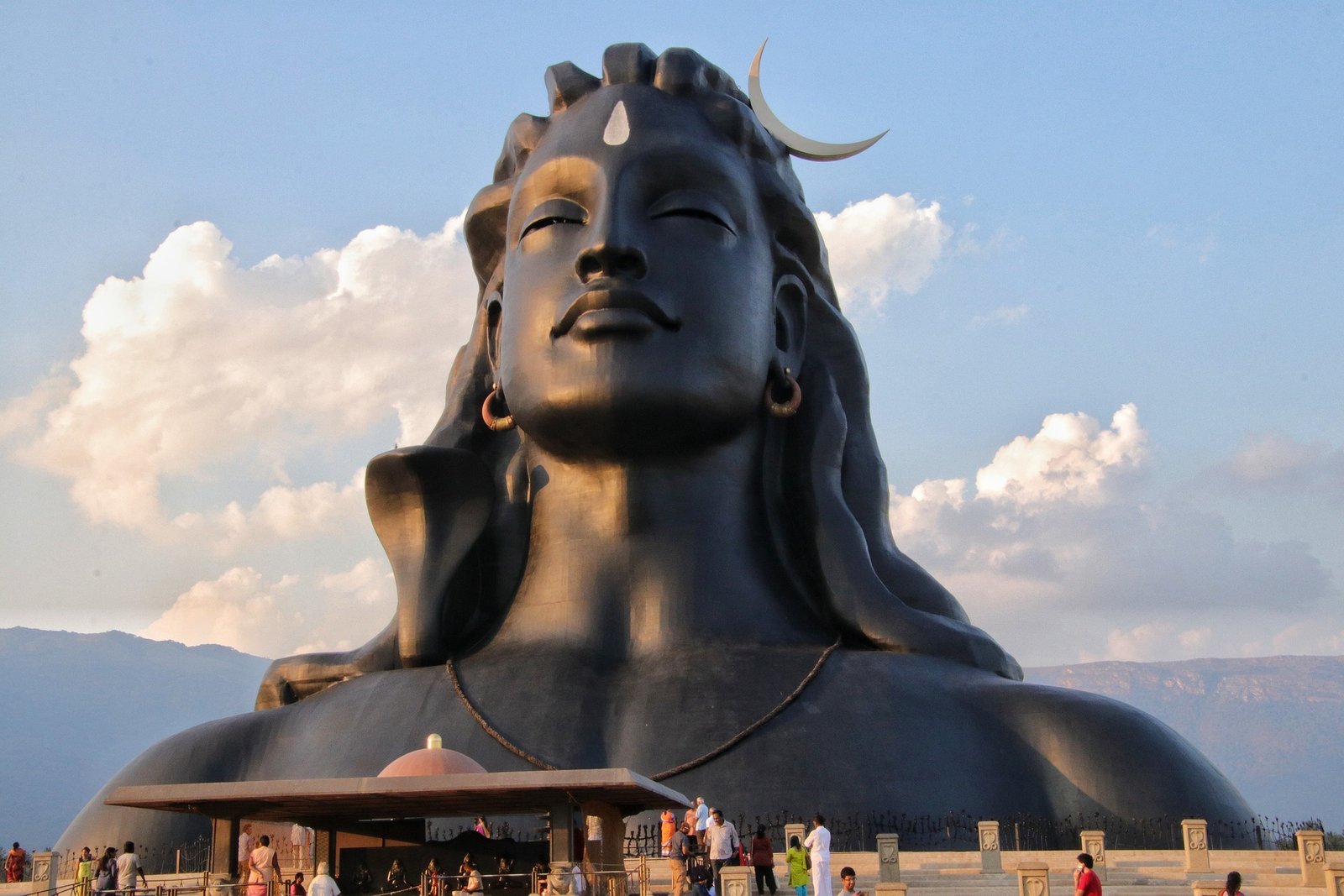Mahashivratri, which literally translates to “the Great Night of Shiva” is a major Hindu festival celebrated annually in honor of Lord Shiva, the destroyer and regenerator of the universe within the Hindu triumvirate.
Here’s a special breakdown of Mahashivratri:
Significance
- Celebrated on the 14th day of each lunar month, the Mahashivratri that falls in the Hindu month of Phalguna (February-March) is considered the most important.
- Devotees believe that on this night, Lord Shiva and Parvati get married.
- It is also believed that by performing puja (worship) and fasting on Mahashivratri, one can attain spiritual enlightenment and liberation from the cycle of birth and death.
Celebrations
- Devotees observe a strict fast on Mahashivratri, abstaining from all food and water.
- They visit Shiva temples throughout the day to offer prayers, chant hymns, and perform abhisheka (pouring of holy water) on the Shiva lingam (the iconic representation of Shiva).
- Many devotees stay up all night engaged in puja and bhajan (devotional singing).
- Special fairs and gatherings are also held in many parts of India to mark the occasion.
Here are some special things you can do for Mahashivratri:
- Visit a Shiva temple and perform puja. You can offer milk, fruits, and flowers to the Shiva lingam.
- Observe a fast. If you cannot observe a complete fast, you can take fruits and milk throughout the day.
- Chant the “Om Namah Shivaya” mantra. This is a powerful mantra dedicated to Lord Shiva.
- Listen to devotional songs and bhajans.
- Spend time meditating and reflecting on your spiritual journey.
Mahashivratri is a time for Hindus to celebrate their faith and devotion to Lord Shiva. It is also a time for inner reflection and spiritual growth.
